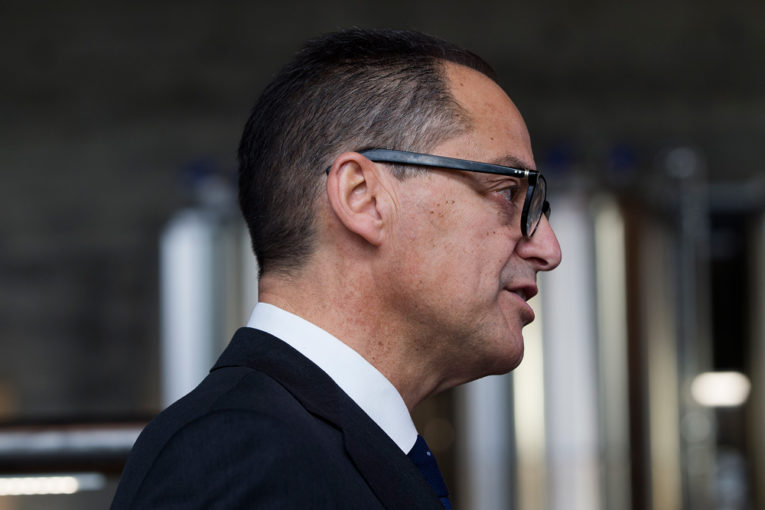
Alberta slashed its economic growth forecast for this year and next as plunging prices for local crude threaten to eat into corporate profits and reduce investments.
Gross domestic product will increase 2 per cent in 2019, the province said Friday in its second-quarter fiscal update. That’s down from an original projection of 2.5 per cent in the March budget. The growth forecast for this year was cut to 2.5 per cent from 2.7 per cent.
The dimmer outlook reflects the fallout from a crisis in Alberta’s oilpatch, sparked by a lack of pipeline space that has sent Canadian heavy-crude prices to record lows and prompted companies to shut in production. The situation, costing the nation’s economy $80 million (US$60 million) a day, has spurred the province to seek to buy rail cars to help move more crude to market and appeal to the federal government for help.
“This is a crisis,” Alberta Finance Minister Joe Ceci said in a statement from Edmonton. “Albertans and working Canadians cannot afford to leave $80 million on the table every day. It doesn’t make sense and, if the differential is not addressed, our entire country could be plunged into a downturn.”
Western Canada Select closed at US$13.46 a barrel earlier this month, the lowest on record in Bloomberg data stretching back to 2008. The discount to U.S. benchmark crude reached US$50 a barrel last month, also a record. The gap has since narrowed to US$30.
Other highlights from the fiscal update:
Revenue for the fiscal year ending March 31 is forecast to be $49.6 billion, up 3.6 per cent from an original projection in March on higher oil prices earlier this year.
Expenses are forecast to be $56.6 billion, up 0.8 per cent from original projections.
The budget deficit is expected to be $7.51 billion, down 15 per cent.
Direct borrowing for the fiscal plan is projected to be $5.73 billion, down 19 per cent.
The forecasts don’t reflect the province’s plan to buy rail cars to ease the pipeline bottlenecks.
West Texas Intermediate crude is projected at US$64 per barrel for the fiscal year, up 8.5 per cent. The oil benchmark has plunged in recent weeks to about US$51 a barrel The WCS discount to WTI is expected to be US$29.25 per barrel, 31 per cent wider than original projections
Bloomberg.com
You can read more of the news on source
